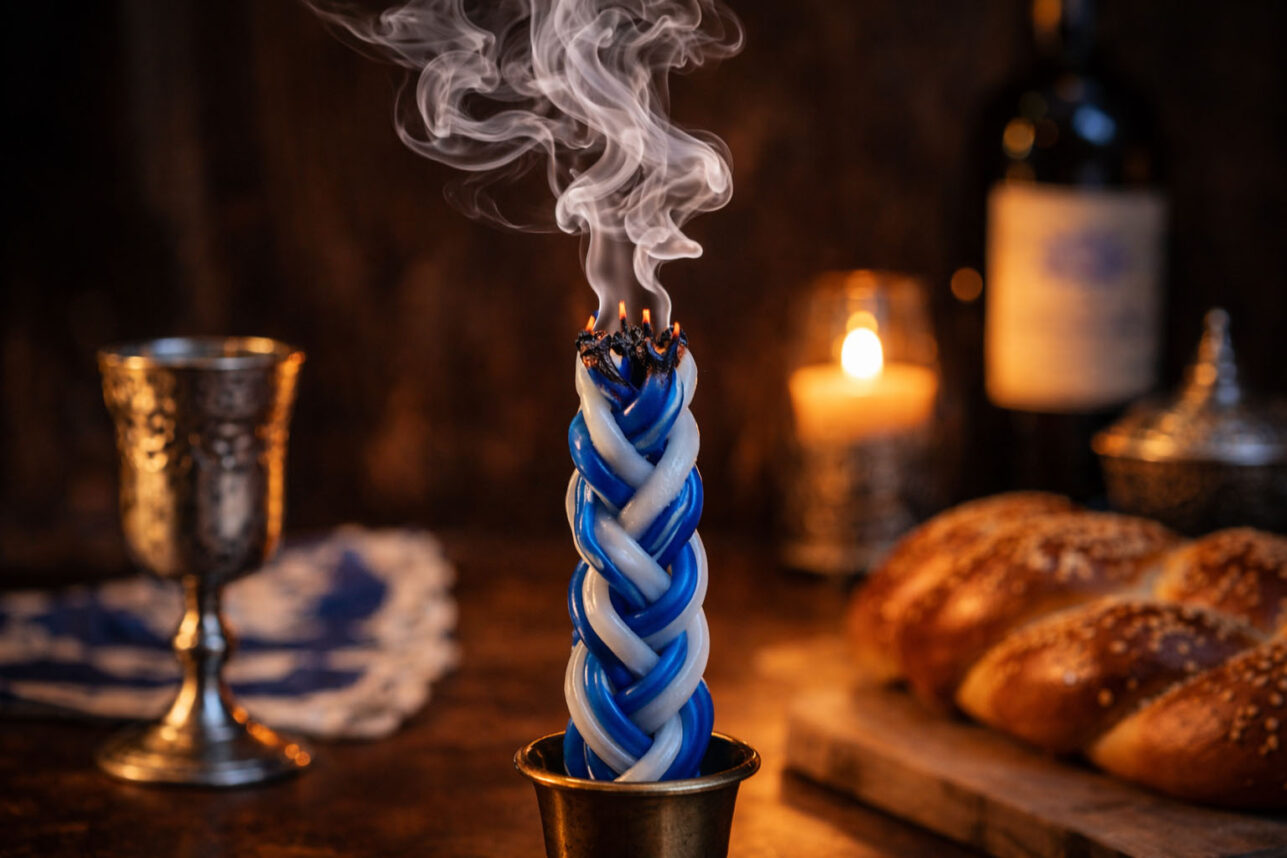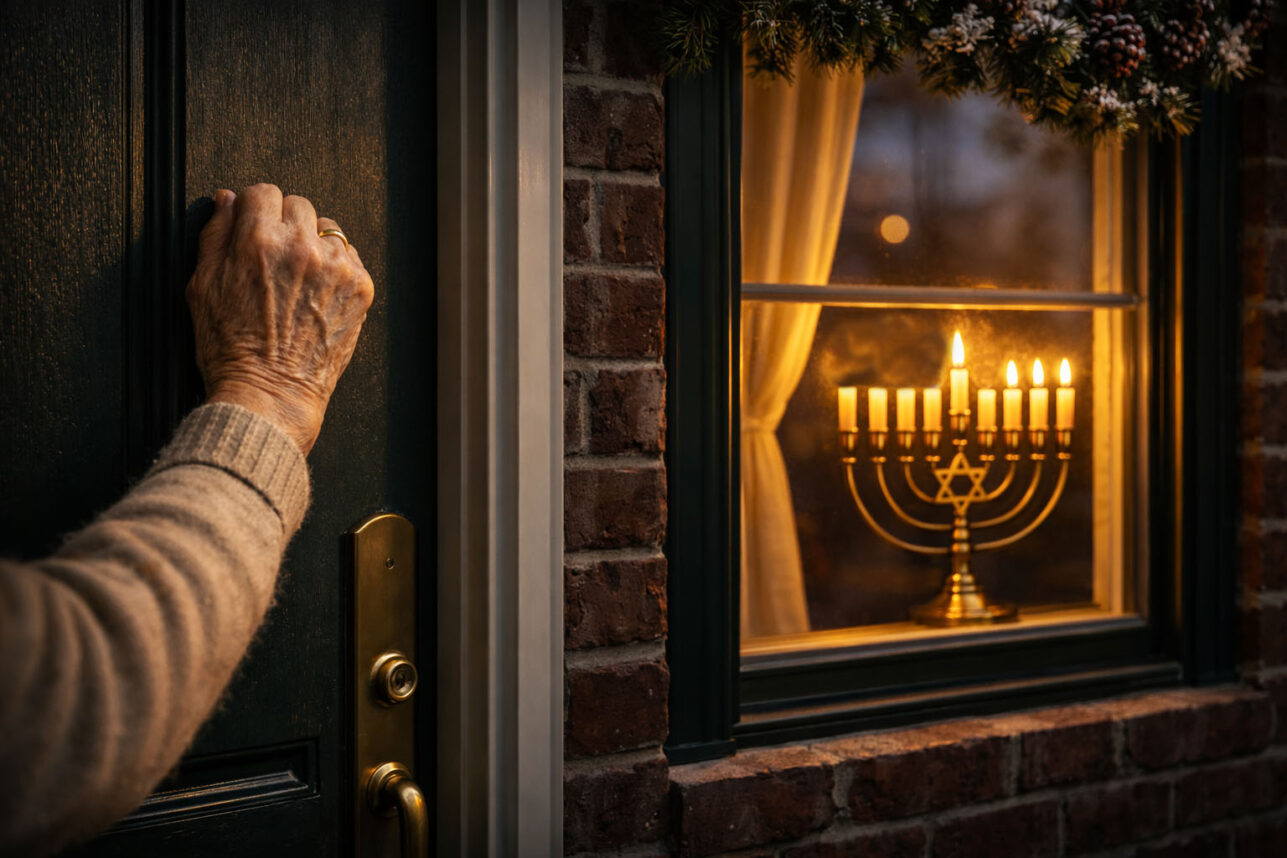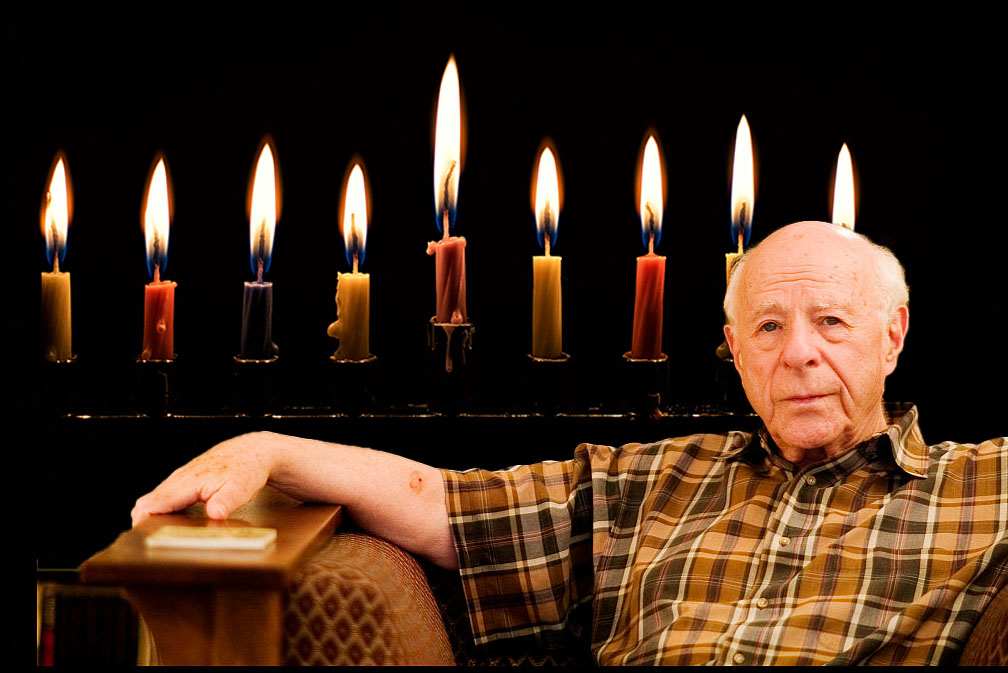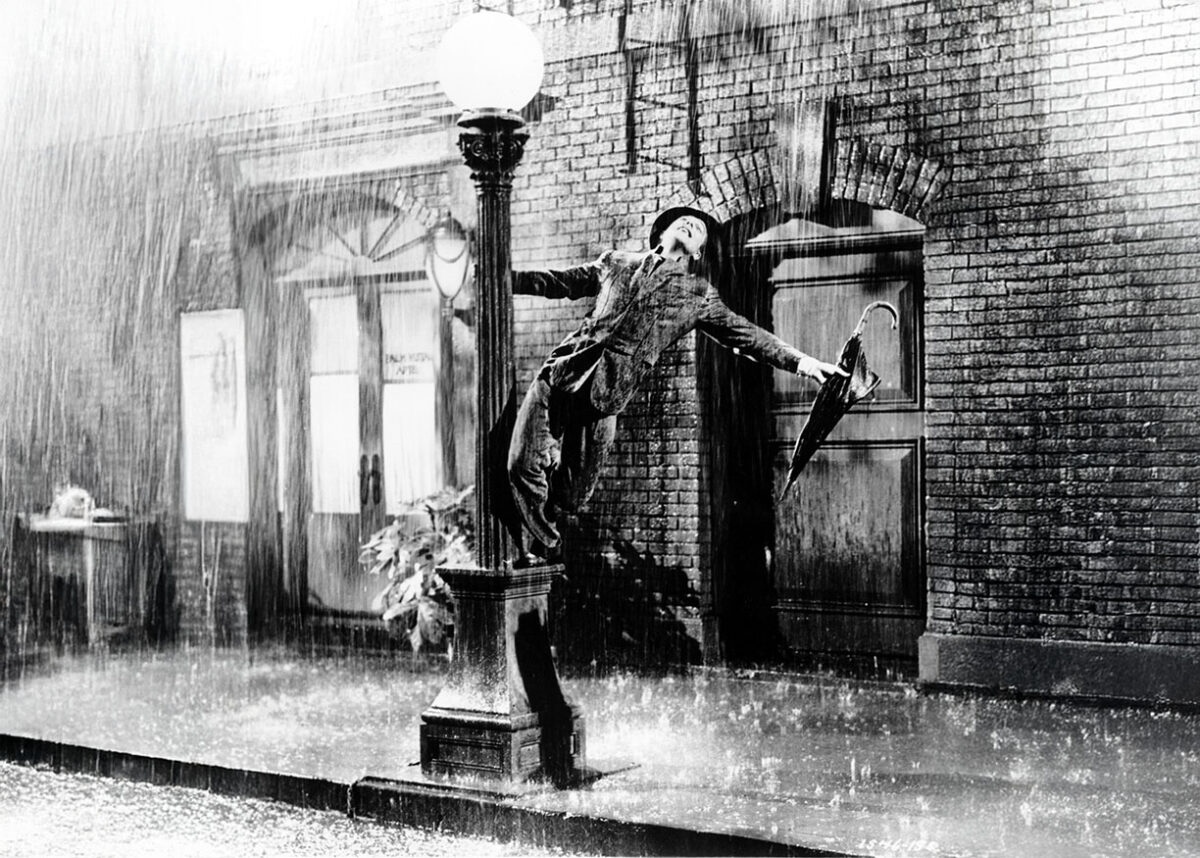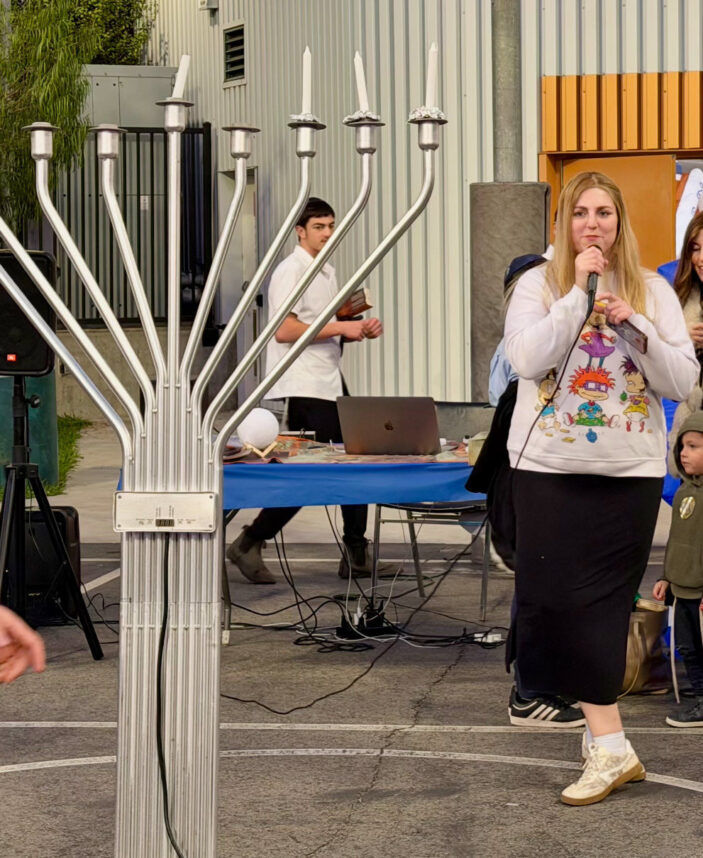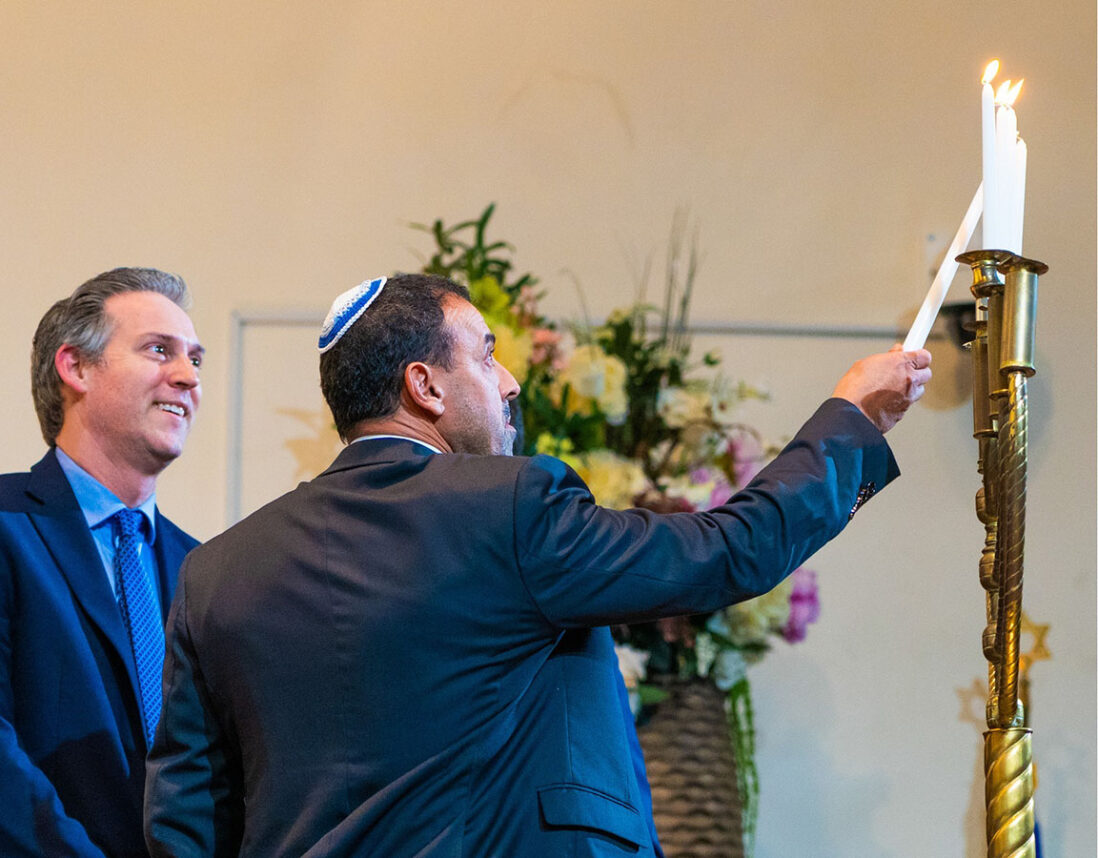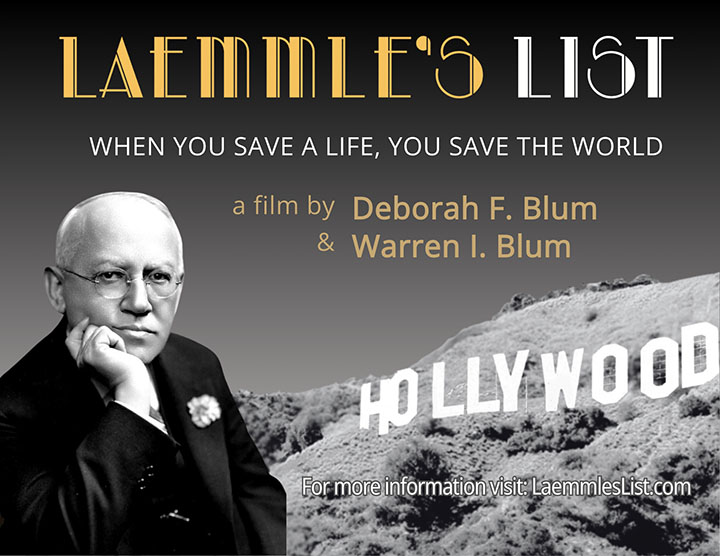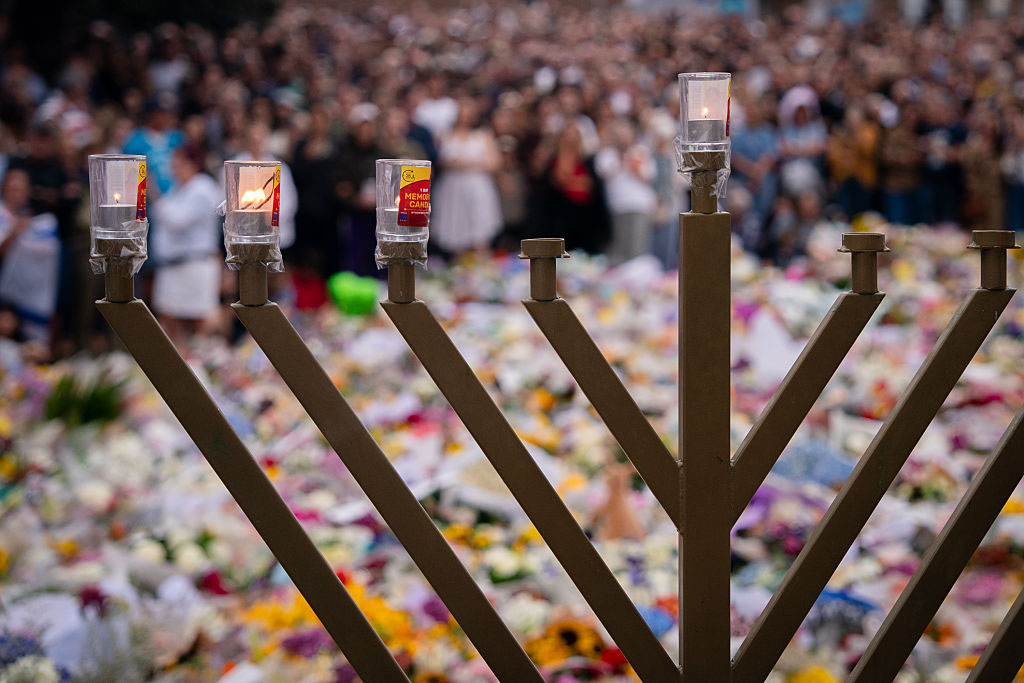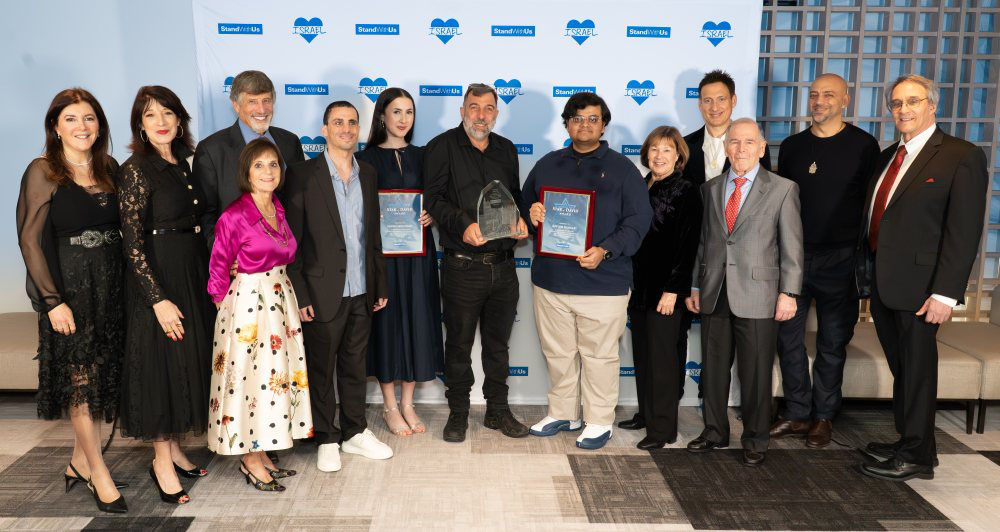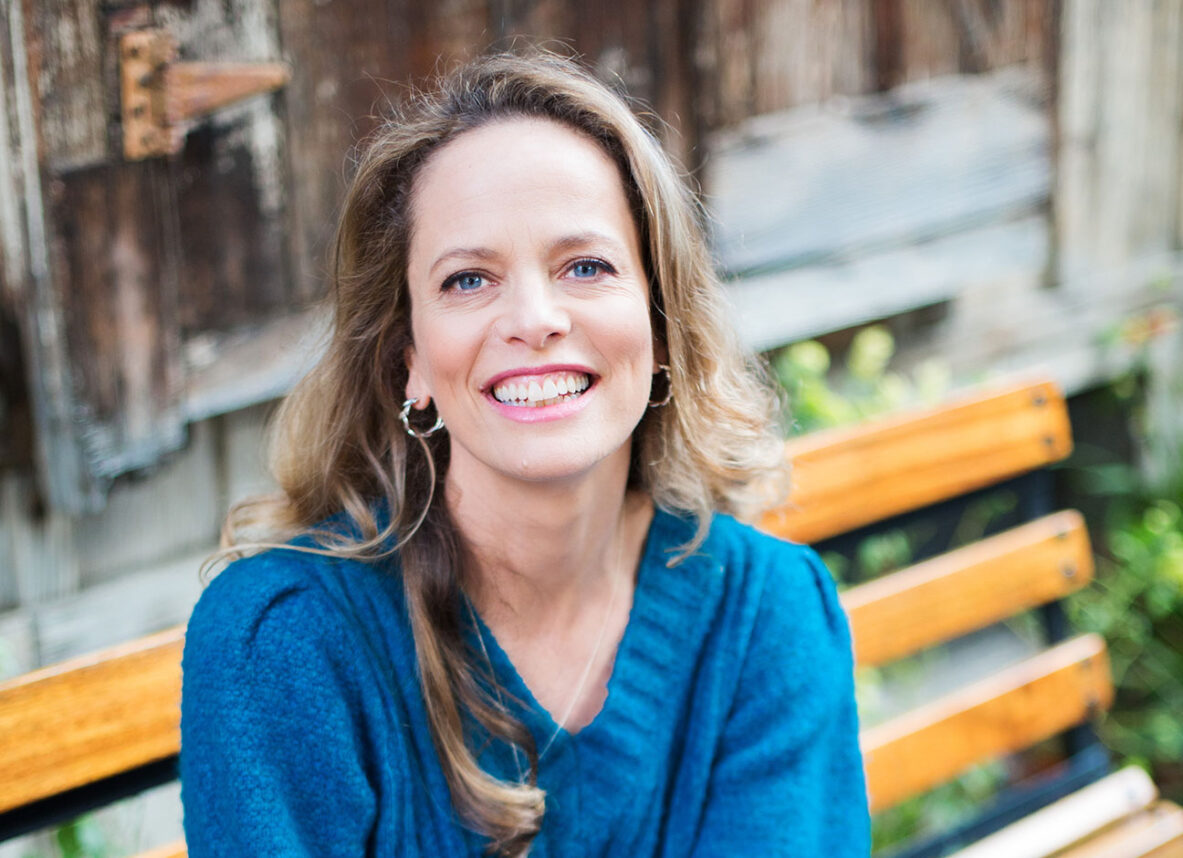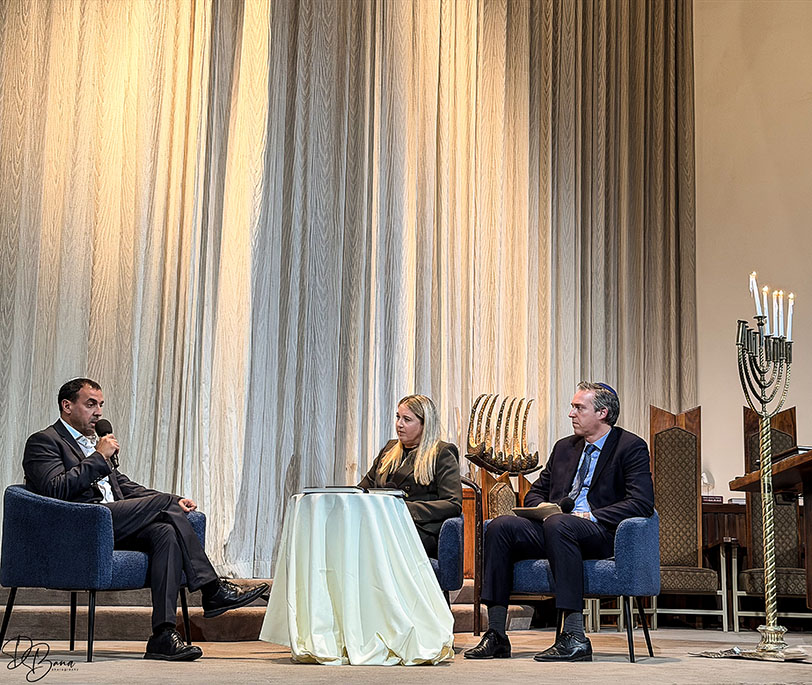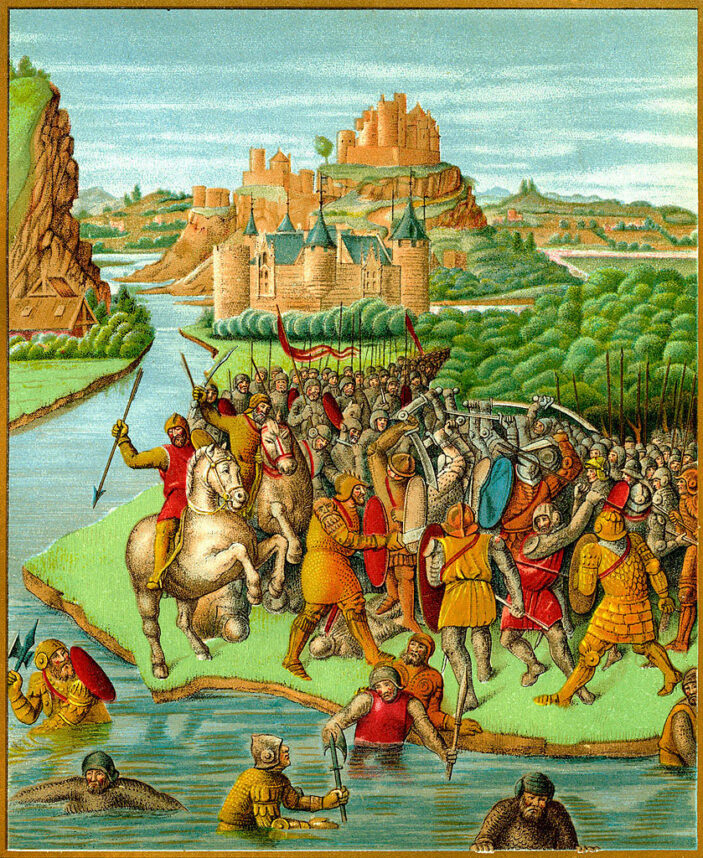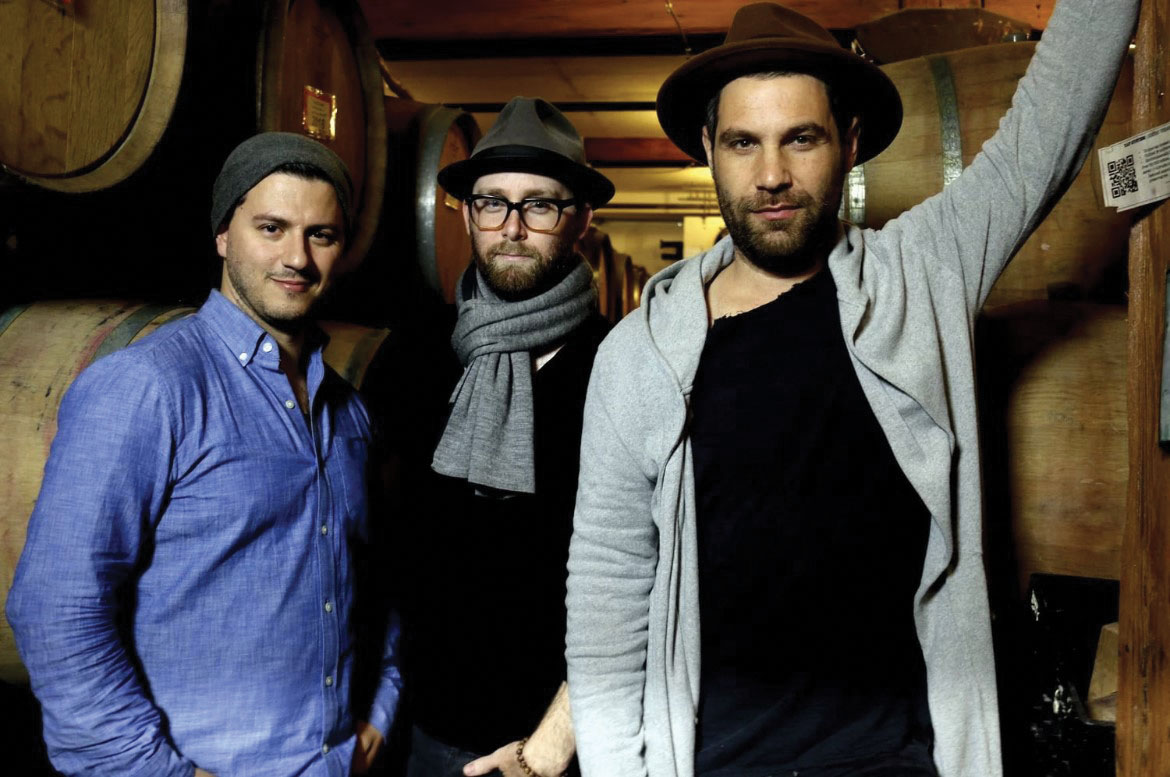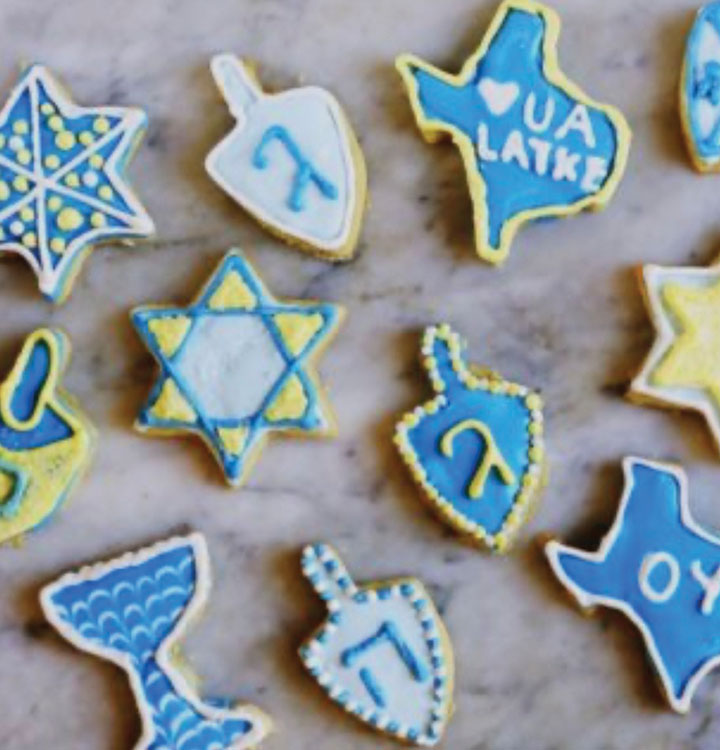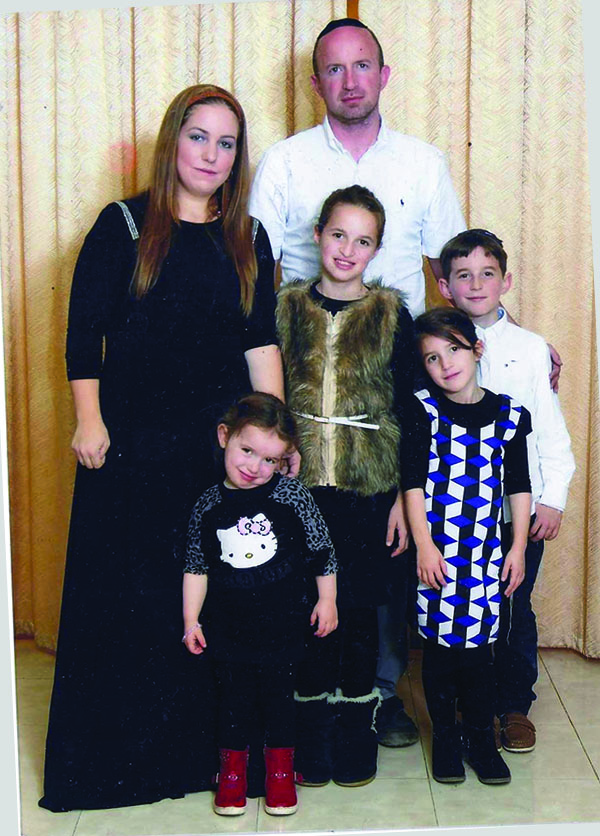
In 2008, Benny Fredman was lynched outside his electronics store in the ultra-Orthodox neighborhood of Geula, Jerusalem. He was beaten unconscious by 20 Orthodox men wearing tzitzits and kippahs and woke up in the hospital later that night with severe injuries. His crime? He was selling MP3 players containing religious music that was deemed un-kosher. The “Geula Committee,” which had initially permitted him to sell these items, changed its mind and ordered him to stop selling the popular gadgets. Fredman refused.
Fredman spent the next five months undergoing a series of operations, one to fix his ear and another to mend his broken finger (which remains crooked to this day). He was completely traumatized. The people who attacked him were his own community. Afterward, he removed his yarmulke and moved his family to a secular part of town.
Last year, Fredman — who went on to study film and become a director — released the film “Home,” based on his personal story. The film stars Roy Nik as Yair Kaplan, an ultra-Orthodox yeshiva student who is married and has a baby.
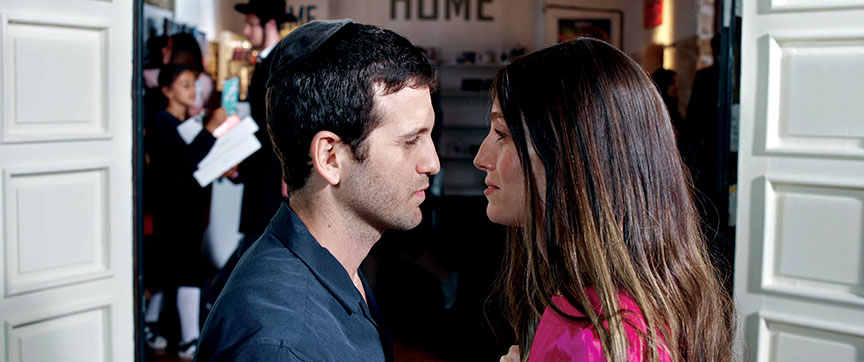
He decides to leave the kollel (an institute for full-time, advanced study of the Talmud and rabbinic literature), to open an electronics store selling kosher computers. However, he must first obtain the approval of the neighborhood committee, who issue a kosher certification, ensuring the computers lack internet access to prevent corrupting the minds of the community’s members.
Yair is asked to pay several thousand shekels to the committee and the kosher supervisor. Despite paying all the “protection money,” he still makes a healthy profit and his store thrives. However, as modern gadgets increasingly infiltrate the lives of Orthodox children, they are seen as a threat. This tension leads to a conflict with Kaplan, who faces threats, his store being burned down, and eventually, his lynching.
The issue of protection money in ultra-Orthodox neighborhoods is a well-known problem in Israel, and it continues to worsen, with many businesses targeted and even burned down.
Recently, Fredman arrived in L.A. for the 36th Israel Film Festival, where his film was screened. After one of the screenings, I sat down with him for an interview and we discussed this phenomenon and what had happened since the release of his film.
“After the film was released in Israel, many store owners in ultra-Orthodox neighborhoods contacted me and told me their stories,” he said. “They even opened a WhatsApp group and included me in it. They are telling each other what kosher supervisor arrived at the store today, what are they asking now and consult with each other as to what to do.”
“After the film was released in Israel, many store owners in ultra-Orthodox neighborhoods contacted me and told me their stories.” – Benny Fredman
The demand for money from store owners would remind many viewers of a mafia tactic of demanding protection money, or else. Those who are reluctant to pay are being harassed and often find their store the next morning burned down. Fredman understood fairly well the rules of the game and paid, until it wasn’t the question of money any longer.
“This was something very difficult to explain in the film. The money I paid was their way of supporting many people in the community, such as the kosher supervisor, widows and their children. They want the money, but more importantly, they want to preserve the character of the neighborhood. They want it to remain as it was, like in the 18th century, and resist progress. But it doesn’t always work for them. During the pandemic, all of Geula connected to the internet because there was no other way to receive information. They always try to stop progress, but in the end, it always finds its way in.”
As a young man, Fredman studied at a yeshiva near a cinema in Jerusalem and he seized the opportunity to get away from time to time to watch movies. He used to study Gemara for 12 hours and then watch “Wild at Heart” by David Lynch or “Heavenly Creatures” by Peter Jackson.
After he got married, he felt his heart was not in sitting and studying Torah all day and announced that he was going to open a computer store. This decision shocked many around him, because in these communities, there is great appreciation for someone who studies at a kollel, rather than being a business owner.
Prior to his lynching, Fredman had many problems with the neighborhood committee; he used to find piles of knee-high trash on his store front and he was bullied and harassed. One time, he opened the door in the middle of the night to find a prostitute that someone had sent there, he said.
“One Saturday evening, I received a phone call, ‘Your store is on fire. They exploded a few gas cylinders and the back of the building was exploded. I went to the religious court and asked them to issue a Torah law against them. I brought a rabbinical attorney, someone very distinguished, a 60-year-old man. He was shocked by what had happened and wanted to help me. He started telling the court what had happened and when they [the attackers] noticed that the court judges understand the gravity of the situation, they started pushing the attorney violently. He couldn’t believe what was happening.”
The judges at the rabbinical court, who wanted to avoid a fight, decided to push the hearing for the following week on Tuesday, he said.
“On Monday, before the second hearing, they arrived outside of the attorney’s house and started calling out his daughters’ names, their school’s names, said that they will never get good shiduch [matchmaking] and simply harassed him and his daughters relentlessly. What do you think had happened? He didn’t arrive for the next hearing.”
Fredman said that he never received an apology from his attackers or from the community for what had happened to him. However, following the lawsuit he filed, they offered him large sums of money in exchange for him dropping the case. “They sent a messenger to me every day, and as the trial date approached, the amount kept increasing.”
He declined. Despite there being 20 attackers, only two were sentenced. One received two years in prison, while the other escaped to London and was only arrested and deported back to Israel a year and a half ago. He is currently in jail.
“Two years isn’t enough of a deterrent. A longer sentence would have sent the message that they can’t continue behaving this way. There is a phenomenon here, and if you want to eradicate it, you need to send a stronger message.”
Fredman and his wife are happily married and have four children — two of whom remained Orthodox and two who are secular. Their relationship has only grown stronger through all their trials. Fredman said that this was actually the main focus of his film.
“I think the main strength of the film is showing the ultra-Orthodox relationship,” he said. “Even though it starts as a shiduch, which can be difficult for people to understand, something very strong is created between the couple. After screenings, some people tell me, ‘You and your wife are very connected, but most ultra-Orthodox couples hardly talk to each other — it seems very cold between them.’ What I tell them is that what you see from the outside isn’t what really goes on inside. I know many young Haredi couples who have strong and close relationships. Ours isn’t unique in that sense.”









